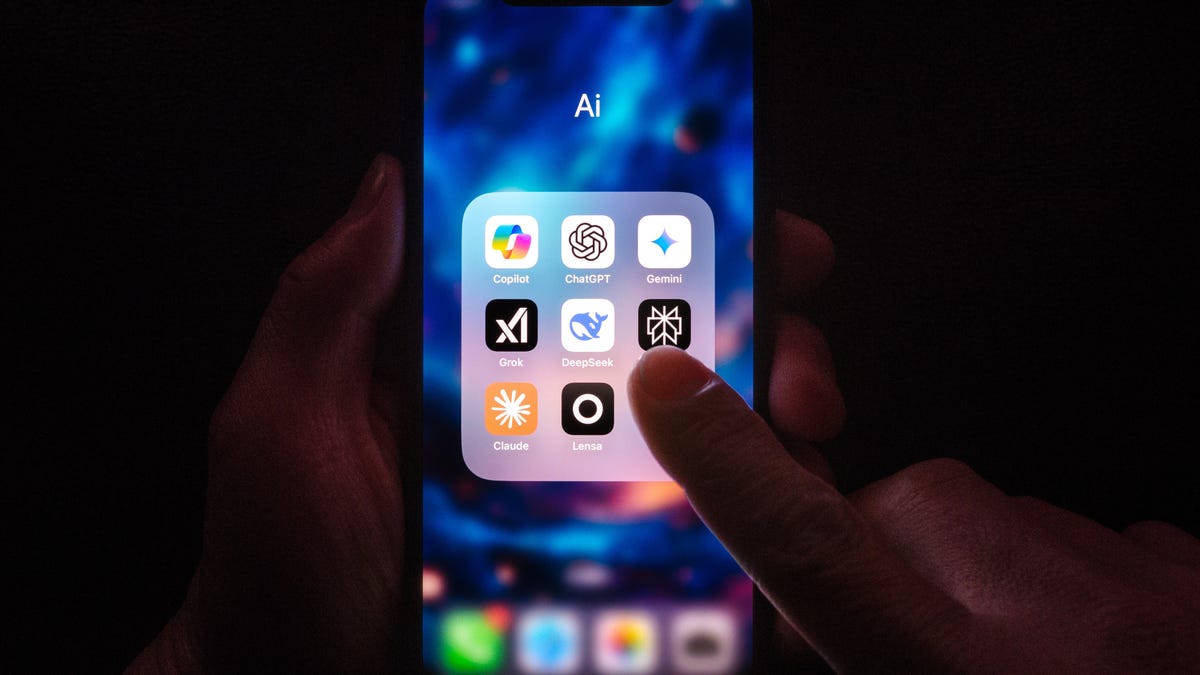When ChatGPT Isn’t the Right Tool: Key Limitations and Risks

Key Points
- ChatGPT cannot replace medical professionals for diagnosis or treatment.
- It lacks the empathy and accountability required for mental‑health care.
- In emergencies, the model should never be the first source of action.
- Personal financial advice needs individualized data that the AI does not have.
- Submitting confidential information risks privacy violations and regulatory non‑compliance.
- Legal documents drafted by the AI may miss critical jurisdictional details.
- Using ChatGPT for school assignments constitutes academic cheating.
- Real‑time data streams are better sourced from dedicated platforms.
- Gambling advice from the model is unreliable and can lead to losses.
- AI‑generated art should not be passed off as original work.
ChatGPT excels at answering questions and drafting text, but it falls short in critical areas such as diagnosing health issues, providing mental‑health support, handling emergency safety decisions, offering personalized financial advice, and processing confidential or regulated data. It also cannot replace legal professionals, nor should it be used for cheating in education, real‑time monitoring, gambling, or creating art that is passed off as original. Understanding these constraints helps users avoid costly mistakes and rely on qualified experts when needed.
Health Diagnosis and Medical Advice
ChatGPT can generate plausible explanations for symptoms, but it cannot examine a patient, order labs, or provide a definitive diagnosis. Users who input health concerns may receive alarming or inaccurate possibilities, ranging from common ailments to serious diseases, without any clinical verification.
Mental‑Health Support
While the model can suggest grounding techniques, it lacks lived experience, empathy, and professional accountability. It cannot replace a licensed therapist, and its advice may overlook red flags or reinforce biases, making it unsuitable for crisis situations.
Emergency Safety Decisions
In urgent scenarios like a carbon‑monoxide alarm, ChatGPT cannot detect hazards, summon emergency services, or provide immediate guidance. Relying on it can waste precious seconds that should be spent evacuating or calling 911.
Personalized Financial and Tax Planning
The AI can explain financial concepts, yet it does not know an individual’s income, debt‑to‑income ratio, tax bracket, or investment goals. Its knowledge may also be outdated, leading to advice that could cost users money or result in filing errors.
Confidential and Regulated Data
Submitting sensitive information—such as embargoed press releases, medical records, or personal identification—to ChatGPT risks exposing that data to third‑party servers. The model offers no guarantees about storage, access, or compliance with privacy regulations.
Legal Document Drafting
ChatGPT can outline legal concepts but cannot generate binding contracts that meet jurisdiction‑specific requirements. Missing clauses or incorrect language can render documents unenforceable, so professional legal review remains essential.
Academic Integrity
Using the model to produce essays, code, or other assignments constitutes cheating. Detection tools are improving, and institutions may impose severe penalties. The AI is better suited as a study aid rather than a replacement for original work.
Real‑Time Information
Although ChatGPT can fetch recent web data, it does not stream live updates. Users needing immediate stock quotes, sports scores, or breaking news should rely on dedicated feeds and alerts.
Gambling and Betting
The model may hallucinate player statistics or injury reports, leading to faulty betting decisions. Successful outcomes are often due to double‑checking against reliable sources, not the AI itself.
Art Creation
ChatGPT can inspire ideas but should not be used to produce artwork that is presented as the creator’s own. The ethical considerations around AI‑generated art remain a point of debate.